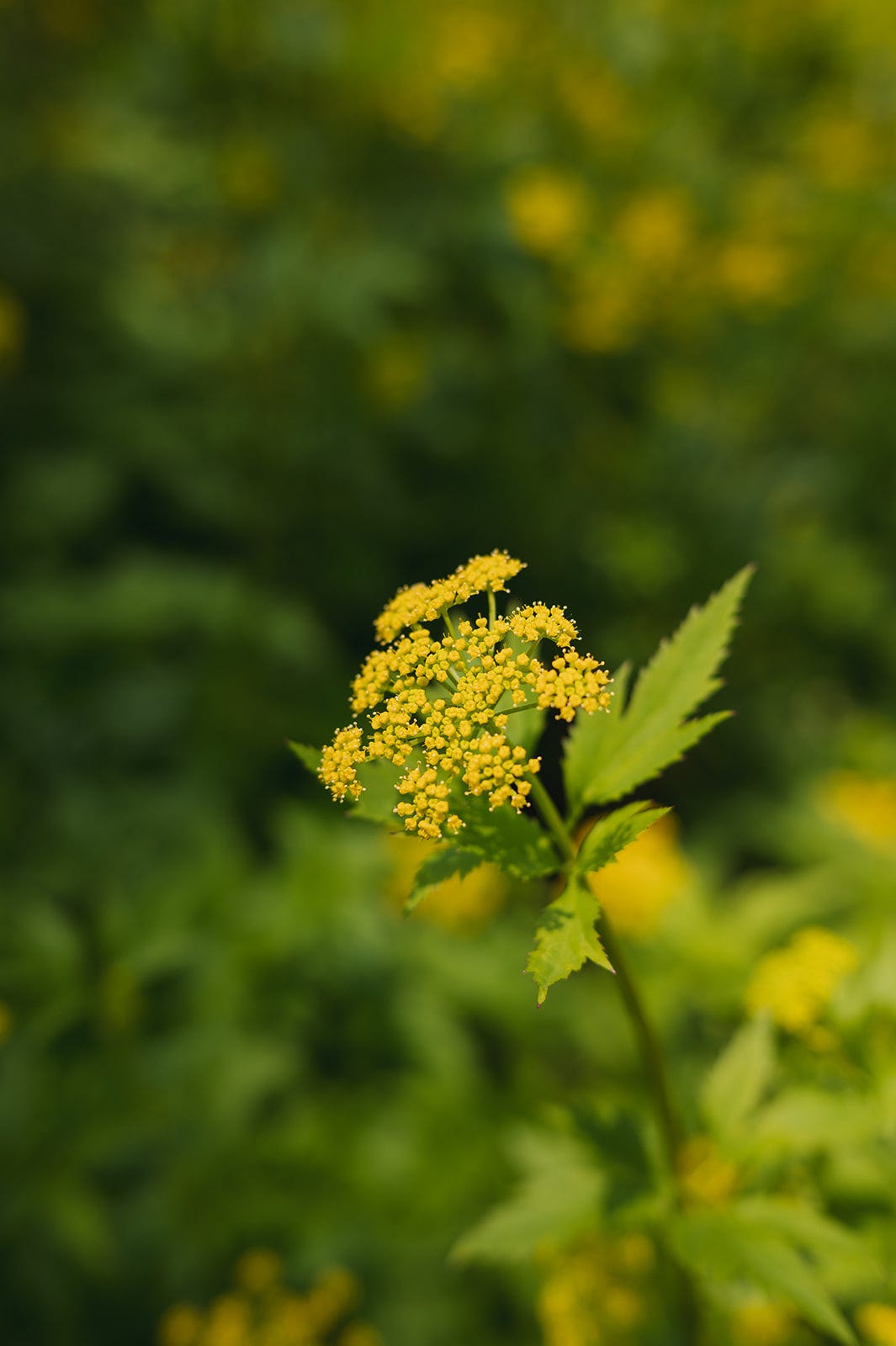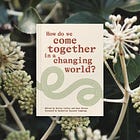PHOTO BY JESS DRAWHORN
One of our intentions this year is to share more about the creative process. Loam is a community of storytellers, and so we want to offer a glimpse into what it means to be a culture worker in this time of unrelenting emergency.
This past month, Kailea and I have been navigating the last round of edits for our book Compassion in Crisis (CIC). It’s an experience that has me reflecting on how editing is a relational art. Which is to say, editing, like any act of creative collaboration, is an ongoing practice in discernment, communication, and surrender.
So often, writing is framed as a solitary act. And although there’s some truth in that, the reality is that all books take teamwork. Especially for us, given that we are co-writing CIC! This month, our shared schedules are mapped by big chunks of time to edit together. Kailea and I get on the phone and go through the material section by section. We talk through what works, review line edits, and rework questions. It’s a labor of love that feels a little like solving a crossword puzzle together. It’s slower to work like this, but the material is better for it.
A big goal with this round of edits is to simplify. Because of that, I’ve had to practice working in a different register: Although I don’t think CIC is dry or joyless to read—Kailea and I deeply want this book to be an antidote to dusty disaster preparedness materials—the goal is to be very clear and direct in what we are communicating.
Since we first started working on this project in 2018, the prayer has been to create a tool that educators can weave into their curriculum, organizers can draw from in their mutual aid work, and everyday people can turn to throughout ongoing polycrisis. Most importantly, people should be able to understand the material during moments of breakdown. Meaning, it must be simple enough to grasp during heightened moments of stress.
To make good on that promise has meant reaching out to others for support to make sure what we’re writing is accessible. Over the past few months, we’ve been so lucky to have had a few friends step up to help us shape this latest version of Compassion in Crisis. Every time I dig into revisions, I feel a surge of gratitude for Viva Wittman, Amirio Freeman, and Nicole Stanton. Their generosity in looking through this nearly 200-page manuscript was an enormous gift. They asked questions that provoked new answers, and shared insight that helped us hone in on the purpose of the book.
I’ve now worked as an editor for close to a decade. Long enough to have had working relationships with writers that have been generative and joyful, as well as experiences that were challenging. I’ve learned (and continue to learn) that the work of making something better—more accessible, more supportive—is a humbling process. Neither the writer nor the editor has a lock on what’s ‘best.’ The work is to find a way together in service of the material moving out in the world. The work is to be in an ongoing practice of revisions.
In this sense, the experience of receiving feedback on Compassion in Crisis has also affirmed for me how important it is to remain humble—not only in the context of this particular creative project, but also in our work. Kailea and I have been tending to Compassion in Crisis in some shape or form for close to 7 years. Because of that, there’s a lot we struggle to see: we’re too close to the material. Sometimes the revision process will activate something in me: maybe a suggested edit doesn’t land, or I find myself wanting to center my own self-interest over that of the story. I’m learning how to sit with my reactions so that I can better discern what they are tied to, instead of letting them take over the creative process.
This willingness to consider is a skill that radiates out into all the work we do. Although writing and editing is work that I enjoy, what I really love—what makes me feel most alive, closest to my purpose—is the experience of working with. And if I want to be a better writer, editor, collaborator, if I want what I am working on to serve, then I have to always be in a place of conversation, of consideration, of pivoting, of reimagination.
We’re wrapping up our last round of edits this month (!) and can’t wait to share more on this project and process with you soon.
For now, we want to thank you for your steadying support.
With gratitude,
Kate



